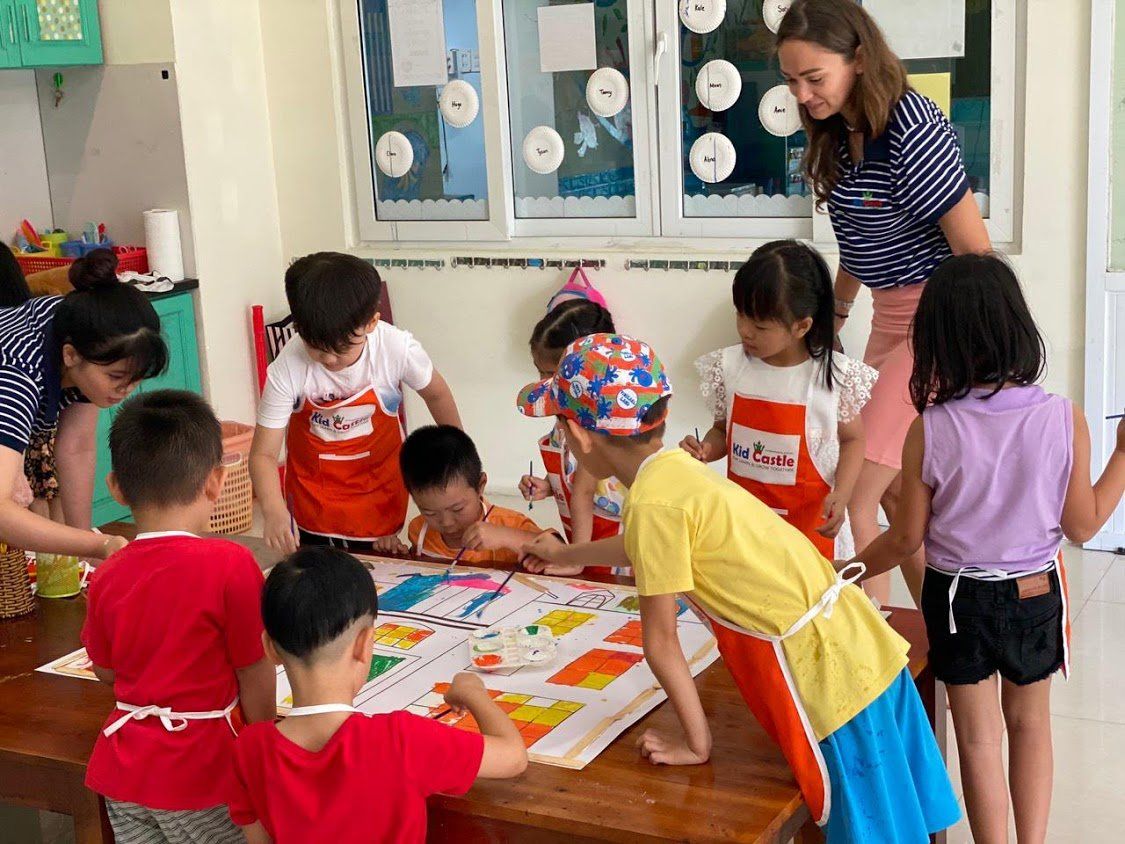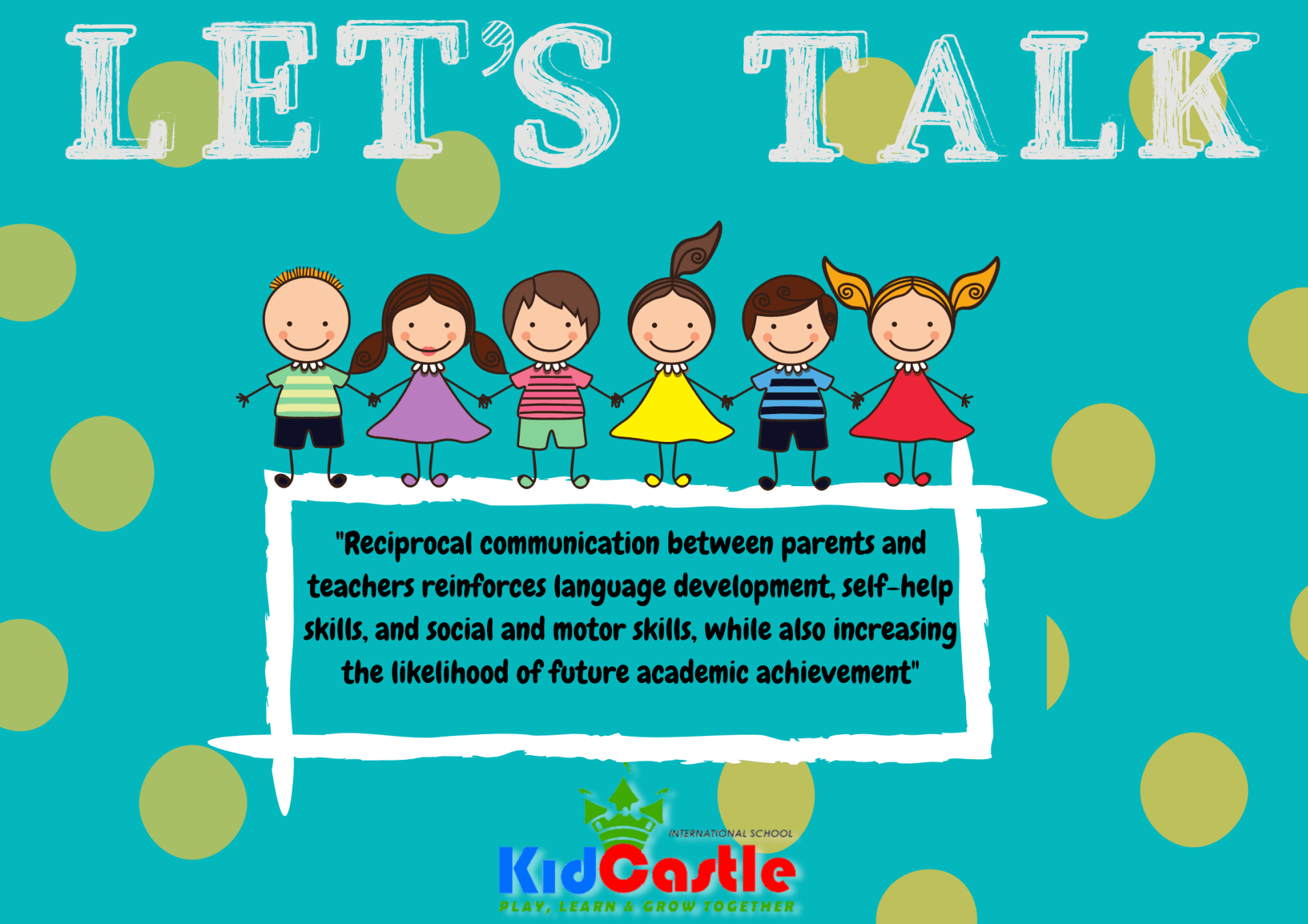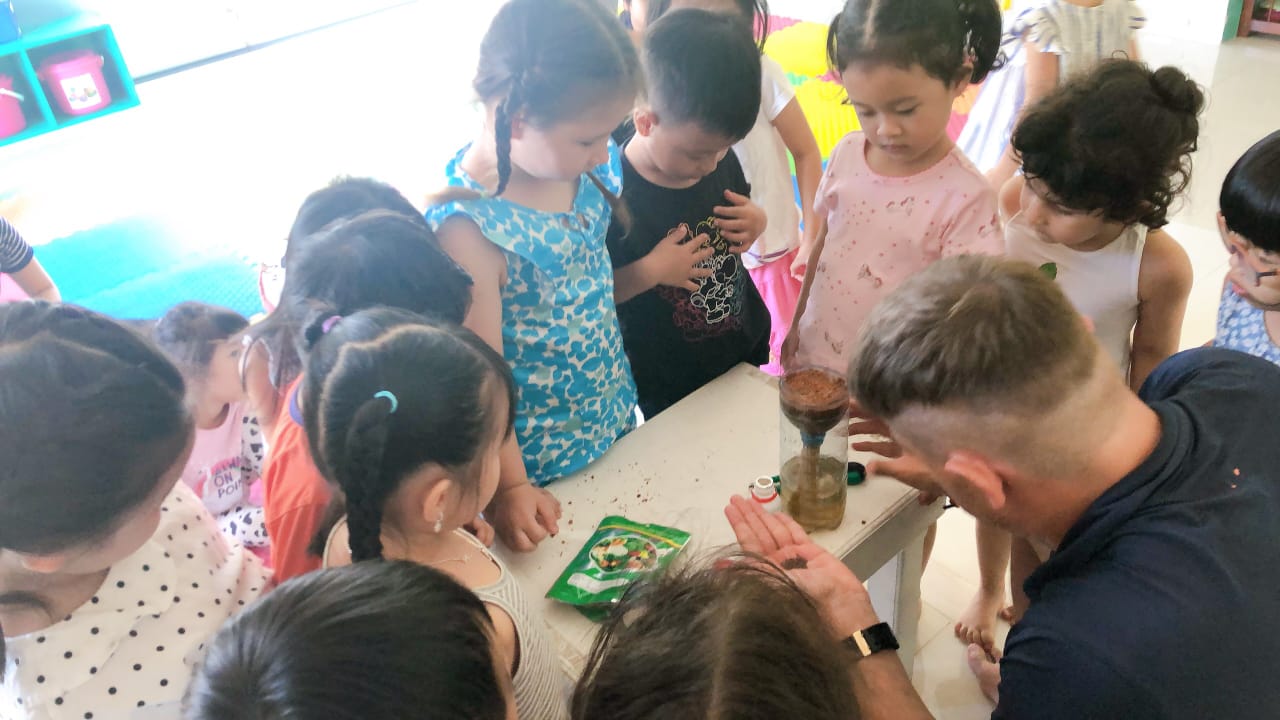Blog Layout
Christmas Concert 2019
Christmas Concert 2019

What a wonderful Christmas Concert we witnessed, from our adorable young learners over at Kid Castle Kindergarten campuses to our talented primary students; each class put their best foot forward to help us celebrate the holidays!
A big thanks to the Kid Castle Team for another amazing concert and to all the parents who came out to support us.
A big thanks to the Kid Castle Team for another amazing concert and to all the parents who came out to support us.
New Title
Latest News and Events
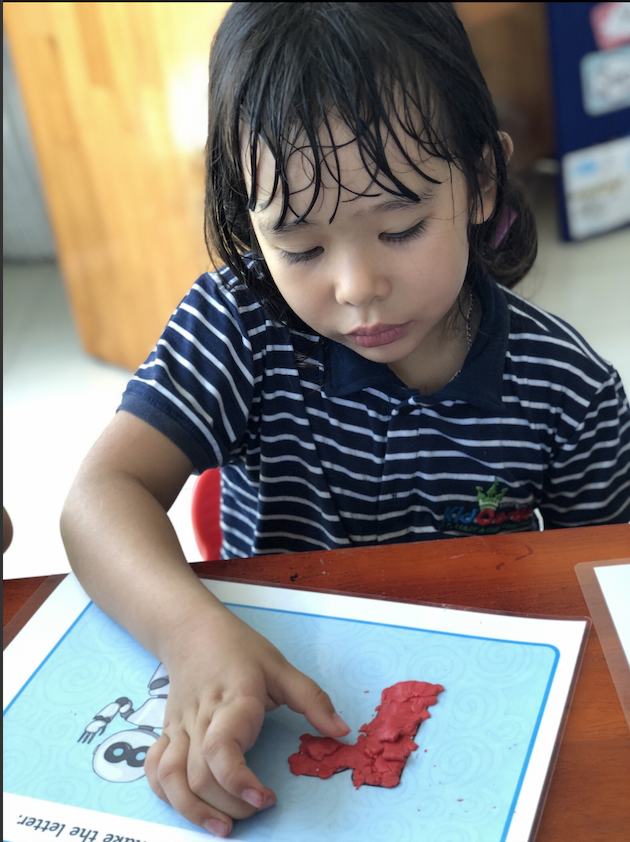
By Carrie Rach
•
March 11, 2021
The popularity of full-day kindergarten (FDK) has grown over recent decades, largely due to changing family dynamics, parental participation as well as the increasing recognition for the need to improve childhood equity. FDK is a means of improving children's school readiness and suggest that experiences and performance during this period set the stage for future academic success (Pascal, 2009). The potential positive benefits of FDK include higher academic achievement, fewer grade retentions, easier transitions into first grade, better socialisation and self-esteem, less hurried instruction, fewer transitions, lower child care costs, more learning opportunities for low-income children, and greater academic equity (Cooper et al., 2010; Hahn et al., 2014). Research suggests that FDK benefits children both academically and socially in the short term, and there is increasing evidence that FDK is especially beneficial for children from educationally disadvantaged backgrounds. Studies have reported that FDK increases literacy skills compared to half-day kindergarten (HDK) (Elicker & Mathur, 1997; Walston & West, 2004). FDK generally demonstrated a greater positive gain in reading and math for children at the end of kindergarten and heading into grade one. Some other benefits of FDK include: - Full-day programs allow children and teachers time to explore topics in greater depth - Students are able to participate more fully in the cultural life of the school and will have more dedicated time for learning - Children in full-day programs also spend more time in learning activities at their own comfortable pace The next time you are considering to enrol your child for Kindergarten, considering the greater benefits for their long-term success with Kid Castle.
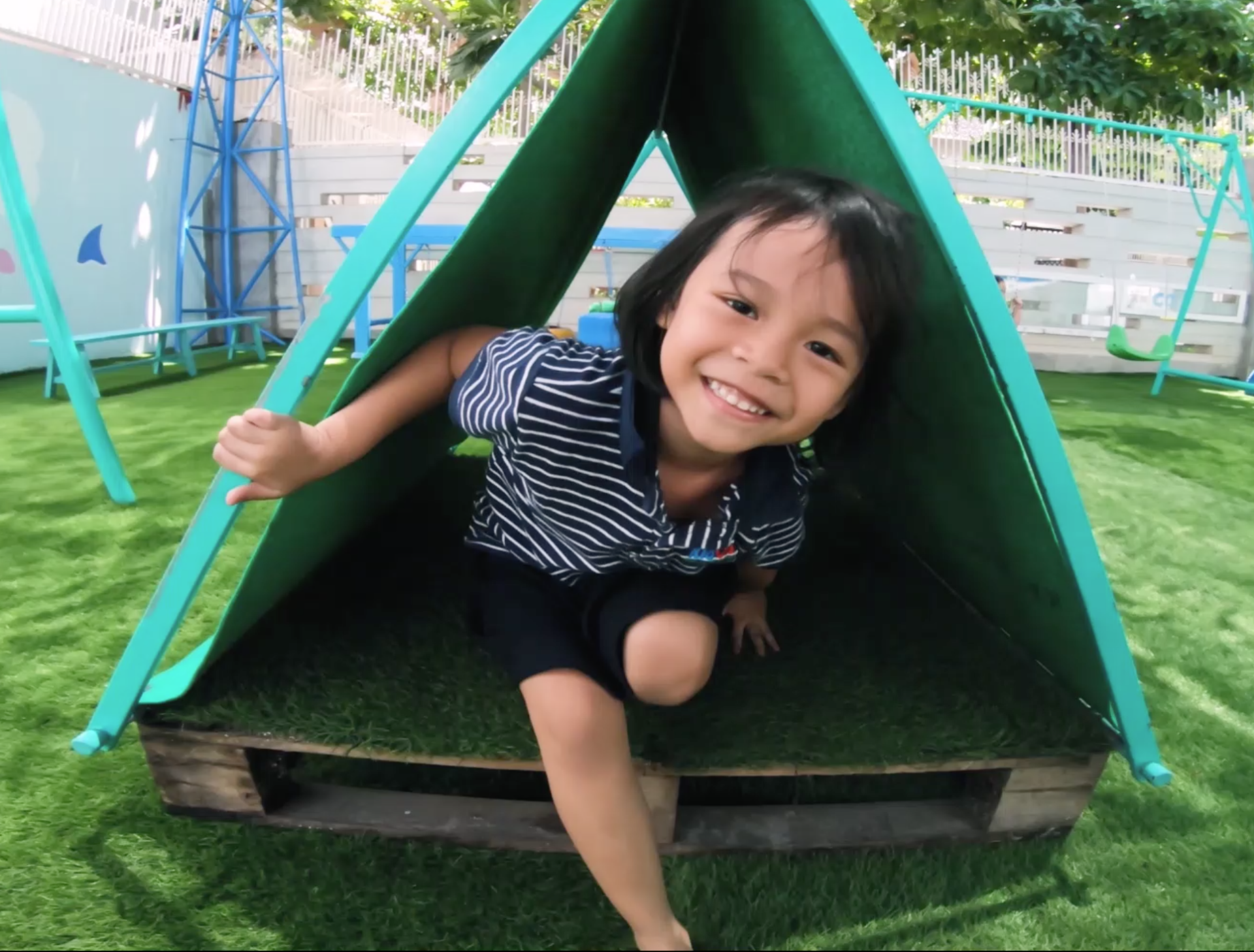
By Carrie Rach
•
December 15, 2020
Many parents are searching for ways to keep their children physically active, learning, and having fun during holiday breaks. Kid Castle supports the importance of quality camp programs and how they can promote academic success and a healthy lifestyle. Even after the school doors close for the holidays, there are plenty of opportunities for children to learn new skills, embark on new adventures and have lots of fun. Holiday camps can bring all this and much more. If you’re a parent considering a holiday camp for your child, our guide lists all the benefits you can expect and reasons why it can be helpful in your child’s development. 1. Teamwork Holiday camps focus on a wide variety of physical, interpersonal and character-related skills that your child will draw on long after camp is over. For example, competing in team-orientated tasks, group craft activities or academic focus groups. We always ensure there is a skill-building focus. These team-based activities will look to build a collaborative mindset which leads to the promotion of sharing and working together. To foster good teamwork, kids need to develop strong communication skills, problem-solve, and make tough decisions. These are all vital characteristics needed in later life, and a holiday camp can be one of the best ways to develop them. 2. Becoming more independent At holiday camp, there will be plenty of focus on developing self-reliance; something a child will hold onto into adulthood. A good level of independence taught amongst the international teachers, who teach responsibility and independent thinking. It can help your child discover who they are and speak for themselves, without mom or dad to fall back on. 5. Building Self-Esteem Learning new skills, achieving goals and being a part of something productive builds one vital characteristic – self-esteem. Every personality skill mentioned here is placed at the forefront of Kid Castle holiday camp instruction. Painting something from nature, winning at the camp’s games, or saying your first full sentence in a new language; they’re all activities that breed confidence and deliver a boost in self-esteem. Solid self-esteem is so vital to your child’s development. With more confidence to try new things, ask questions, learn from setbacks and express themselves more fluently. Kid Castle Winter camp is fast approaching, to enroll your child please register at kidcastlevietnam@gmail.com
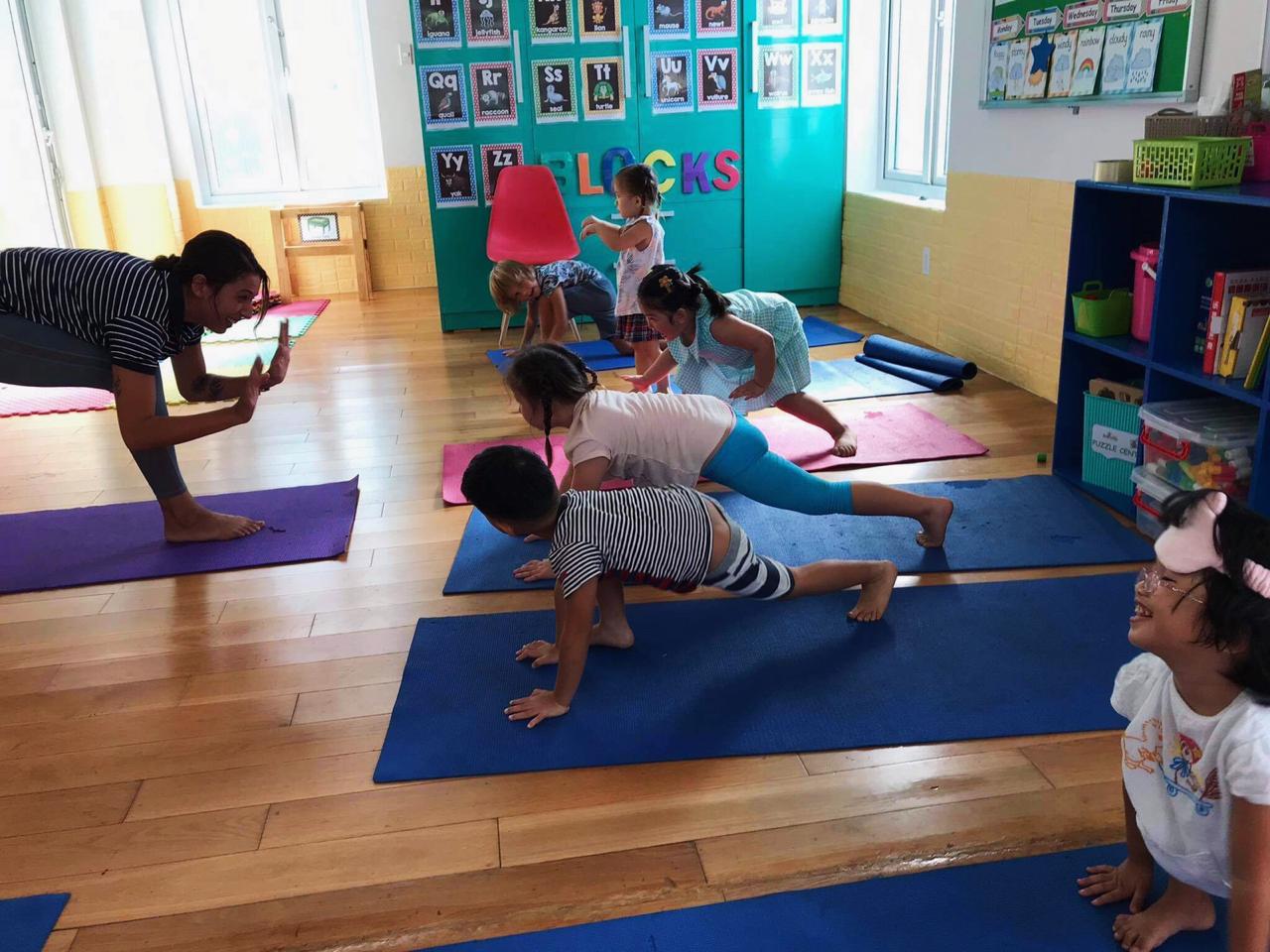
By Carrie Rach
•
December 7, 2020
Wellness isn’t just about healthy eating. It is a state of health in both body and mind. Wellness comes from mental ability, nutrition and physical activity. Some consider up to five areas to focus on for teaching children about wellness: * Intellectual * Emotional * Physical * Spiritual * Social Intellectual Wellness This builds on the foundations of lifelong learning. Introduce new ways of learning. There is more to life than television and games.If your are looking to stimulate intellectual wellness at home, take your child to a museum or an interactive event. If you don’t already know, Kid Castle offers a variety of wellness programs for your little ones as part of our afternoon elective classes. These activities encourage curiosity and the desire to figure things out. Even everyday outings can be opportunities for teaching children about wellness. Emotional Wellness Stress takes a heavy emotional toll on children of all ages. Take care to remove a child from stressful environments. Even if it might not be stressful for the child, if it’s stressful to you, your child can (and most likely will) pick up on that. It’s equally important for children to learn healthy stress responses. These are typically learned from a child’s caregiver or maternal figure. Learning healthy reactions to stress early can help lessen fear and anxiety in adulthood. In addition, according to a study published by Harvard, significant stress also “threatens the function of other organ systems, leading to higher rates of hypertension, obesity, and diabetes.” Physical Wellness Obesity and nutrition are typically what we think of when we hear the term “wellness.” Proper nutrition and physical activity are obvious ways to positively impact our physical well-being. It’s actually harder to do than people realize. With so many articles and differing opinions on “proper nutrition” and the right levels of activity, it’s tough to make those choices for your children and even harder when it comes to teaching children about how those choices affect their wellness. The older we get, the harder it is to learn new habits and form new behaviors. Early childhood is when we need to develop the healthy habits necessary to live healthy lives as adults. Spiritual Wellness What is the meaning of life? Understanding our own individual sense of purpose is key to spiritual wellness. This means something different to each of us. The important thing to remember here is to acknowledge and respect that each one of us has a different “meaning of life.” Some find meaning in a higher power and prayer, some find spiritual well-being with helping others, while some will find a purpose in healing. While this sounds a little too deep for young children, helping a child find and understand his sense of purpose-–even if it’s small, like wanting to go to Sunday school or exploring his love for animals––helps break any barriers of confusion or doubt he might have if it doesn’t necessarily match those of other children. Introducing children to healthy, new ideas, environments, and activities help open their minds to bigger possibilities. Be sure to be patient with their questions and answer them as openly as you can. Social Wellness Encouraging children to participate in an expressive activity like dancing, singing, drawing, painting, or even storytelling can help develop social and cognitive skills, enhancing a child’s social well-being. As our lives get busier, it’s harder than ever. But try to have meals together as a family. This helps not only build those relationships with family but also promotes emotional and intellectual wellness too. The main thing to remember is that children learn from adults. Teaching children about wellness is as much about teaching as it is about doing. They mimic the behaviors they see as well as what we teach them. In order to teach our children healthy habits, we need to live the same healthy habits for the lifelong well-being of our children.
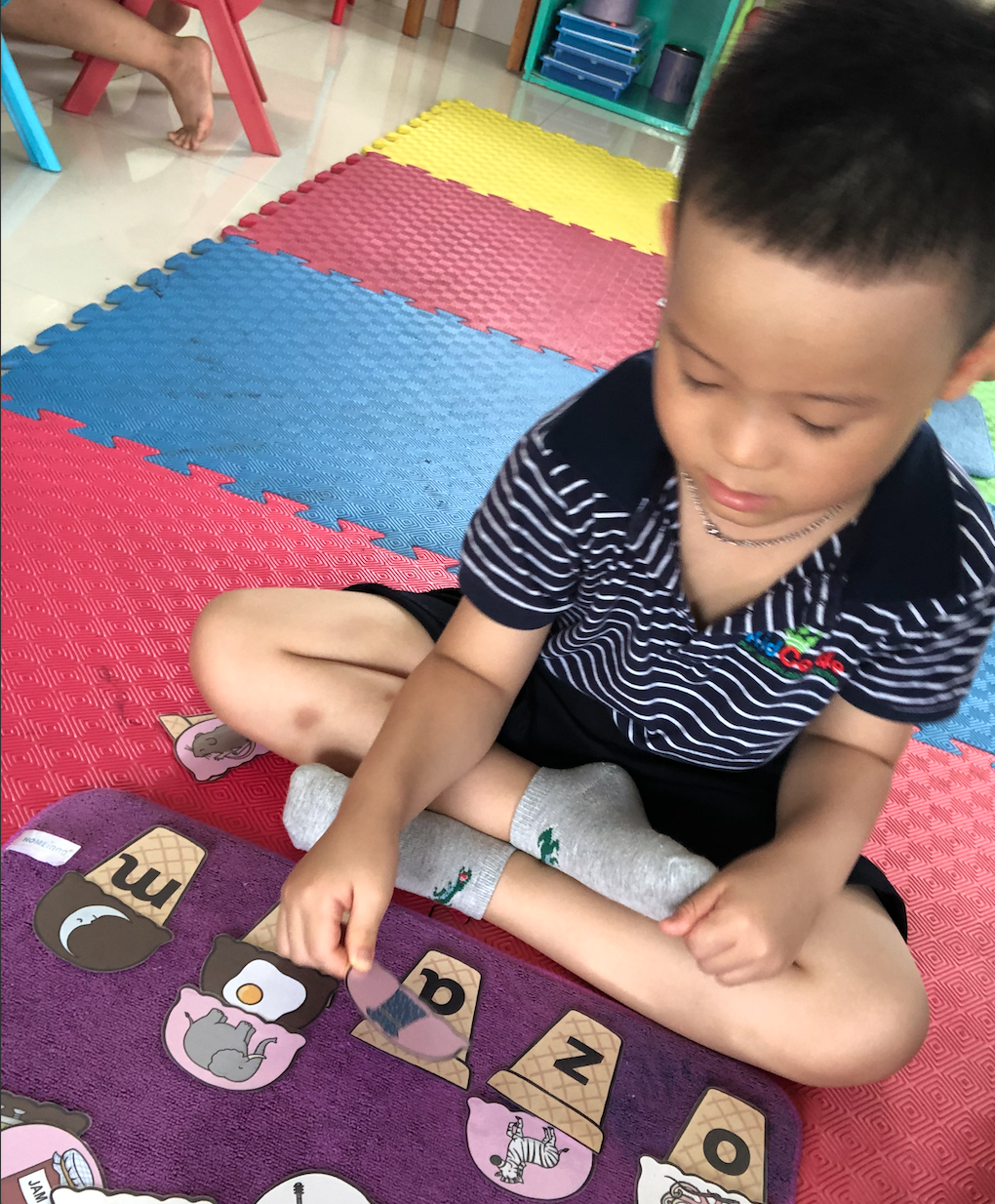
By Carrie Rach
•
November 2, 2020
**Phonemic Awareness ** These skills are an important part of reading success. Teaching them can be a lot of fun. Kindergarten and first grade students will enjoy rhyming, blending, syllable activities, and working with phonemes. 1. WHAT IS PHONEMIC AWARENESS AND WHY IT IS IMPORTANT? Phonemic awareness is all about being able to hear, identify, and manipulate phonemes. These are the individual elements of sounds in any language. For example, in the word “map,” the phonemes are the “m,” “short a,” and the “t” sounds. A Kinder with well developed phonemic awareness can both * Segment these sounds * Blend the isolated sounds back together to form a recognisable word. There are 44 phonemes in the English language. To further complicate things, some letters have more than one sound. For example, the letter ‘o’ represents one sound in the word other and a completely different sound in the word book. And as if that isn’t hard enough, some letters form a completely different sound when they are arranged side by side in a word. Examples of this are ‘th’ found in the word this or ‘ch’ in the word chair. The Reading Well website https://www.dyslexia-reading-well.com/44-phonemes-in... has a complete list of phonemes if you are interested. The ability to hear and understand the sounds in words in one of those foundational literacy skills. In fact, studies from Sage Journals https://journals.sagepub.com/.../002221949502800807indicate that a well developed phonological awareness in kindergarten is a strong predictor of later reading success 2. WHAT IS THE DIFFERENCE BETWEEN PHONEMIC AWARENESS AND PHONICS In a nutshell, phonemic awareness is about the sounds of a word and manipulating those sounds. While phonics is concerned with the relationship between the sounds and the letters. - Phonemic Awareness is concerned with the sounds. - Phonics involves the printed words. The two skills are intertwined, but they are not the same. The phonemic awareness is the precursor to phonics instruction. It will be very hard for your students to succeed in phonics if they do not have a well-developed phonemic awareness. TWO OF THE BEST ACTIVITIES TO DEVELOP PHONEMIC AWARENESS IN KINDERGARTEN 1. Rhyming Activities Most kids enjoy rhymes and grasp the idea very quickly. Rhyming word play draws a child’s attention to the sounds and patterns of language, so it is a good place to start. The very best way to introduce rhyming is to read lots and lots of rhyming books. Most of these books appeal to a child’s sense of humour, so have fun with them. Draw children’s attention to the rhymes in the book. 2. Listening Bring their attention to noises early in the morning. After lunch, come back to the same place and listen quietly. It’s a great time to unwind, which is important for young children. As you sit there, listen for sounds and become “sound spotters” by using your ears. There are always sounds and weird noises you can hear around you. To finish up, talk about the sounds that you hear and try to imitate them, repeat them and associate them to word sounds.
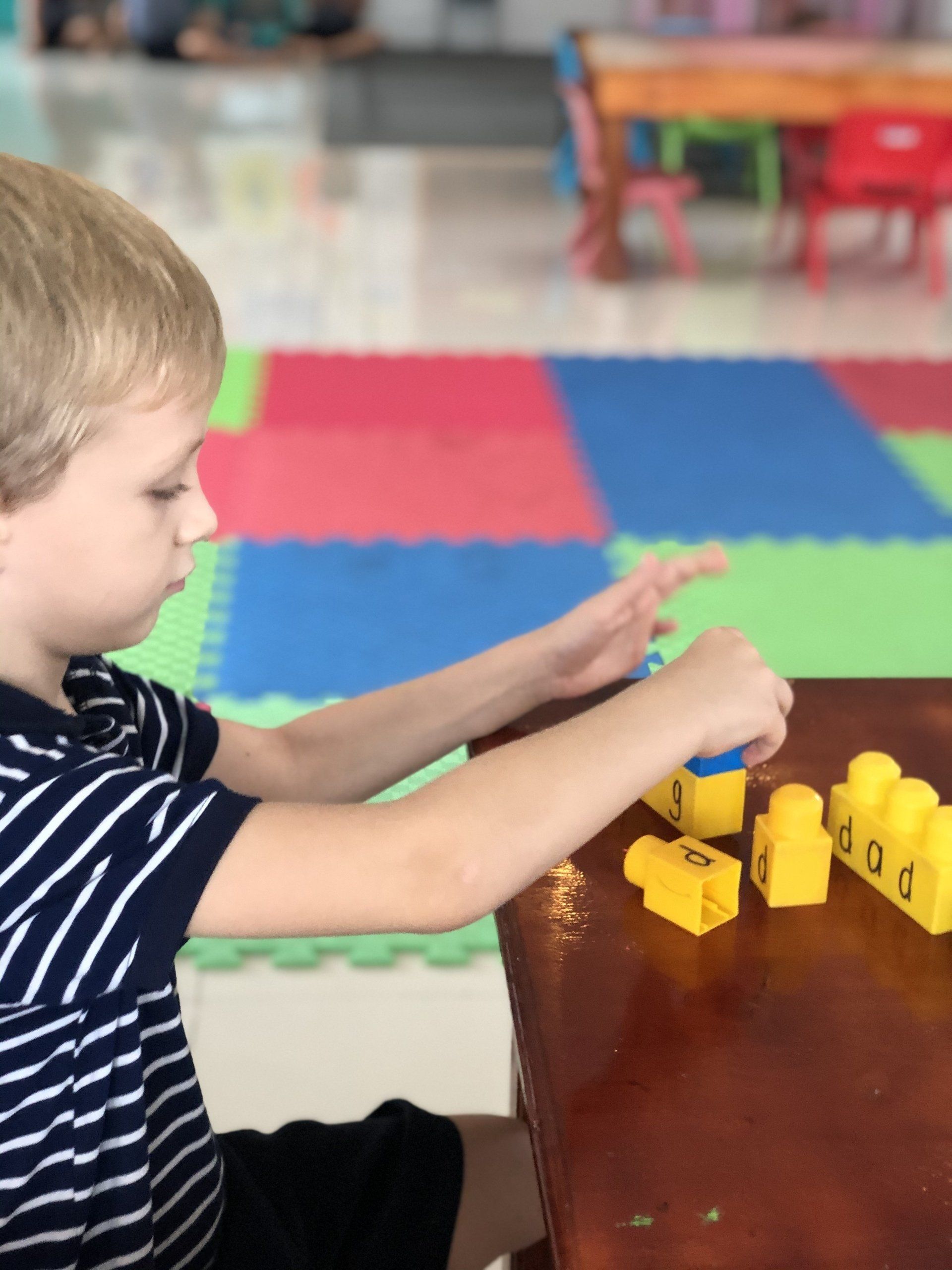
By Carrie Rach
•
October 19, 2020
So many children are coming to school without their fine motor skills developed. That unfortunately is all thanks to modern technology and the current Information Age we are living in. Parents should be using this to their advantage in the right ways, as fine motor skill resources are now at their fingertips when trying to find educational things for your children to do. Now days, kindergarteners can swipe and pinch on tablets and phones, yet they can barely hold a crayon or use scissors properly. It is now more important than ever for our little ones to develop their fine motor skills. Having a strong foundation in fine motor skills will transfer into other academic areas such as writing. But more importantly fine motor skills are also life skills. children need fine motor skills to do very basic tasks like tying their own shoes or zipping and buttoning their clothing. Children who lack the ability to perform these everyday tasks could develop low self-esteem or suffer academically. According to a study presented in the UK by https://www.frontiersin.org/articles/10.3389/fpsyg.2016.00783/full, fine motor skill development at a young age has a direct link to mathematic progression in primary years. As the workload increases, children who have weak hand muscles find writing very difficult. Often they are unable to complete assignments. Teachers may see them as non-complaint or academically challenged. So, how can we help these students from the beginning of the school year? Or, if you are a parent reading this, what can you do at home to better prepare your child? We can start by giving our little ones lots of opportunities to use their hands and fingers. Look for ways to incorporate fine motor activities into academics at school and daily life at home. Fine Motor Tools: You'd be surprised at how many things you can find that can be turned into fine motor tools. Just a walk through your local market and you will be sure to find more than enough things to add to your curriculum. * tongs * pompoms * chenille stems * beads * colander * decorative scissors * play dough * hole puncher * clothespins * q-tips * paint * toy cars * ice cube trays * Lego like blocks Tongs- use them to pick up beads, pompom, or gems from ice-cube trays Chenille stems- poke them through the holes of a colander threading in and out, string beads on them. twist into shapes. Decorative Scissors:- these are harder to use then regular scissors. Have kids cut construction paper up. They just love cutting. Play-dough - just playing with it helps build strength in hands Hole Puncher- Punch paper great for hand strength Use these simple tools in your home while you are busy around the house, it will not only improve your child’s fine motor skill ability, but it will also provide hours of educational entertainment and some important life skills for when they are finished - cleaning it all up!
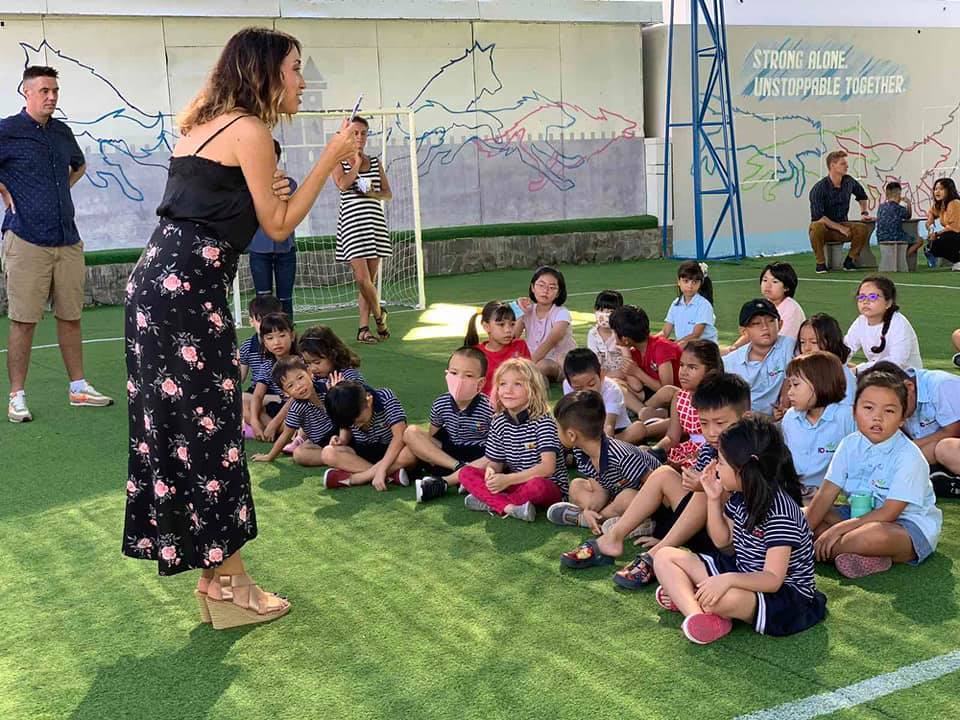
By Carrie Rach
•
August 3, 2020
Today our primary school students arrived back on campus ready to embrace their new school year! With new teachers, new classrooms, and new adventures awaiting ... Regarding the current pandemic concerns, please know that we are taking all necessary preventative and proactive procedures to protect the health of our students and our staff. As always, thank you so much for the continued support we receive from our KC Academy families and friends❤ Let's make this our best year yet!
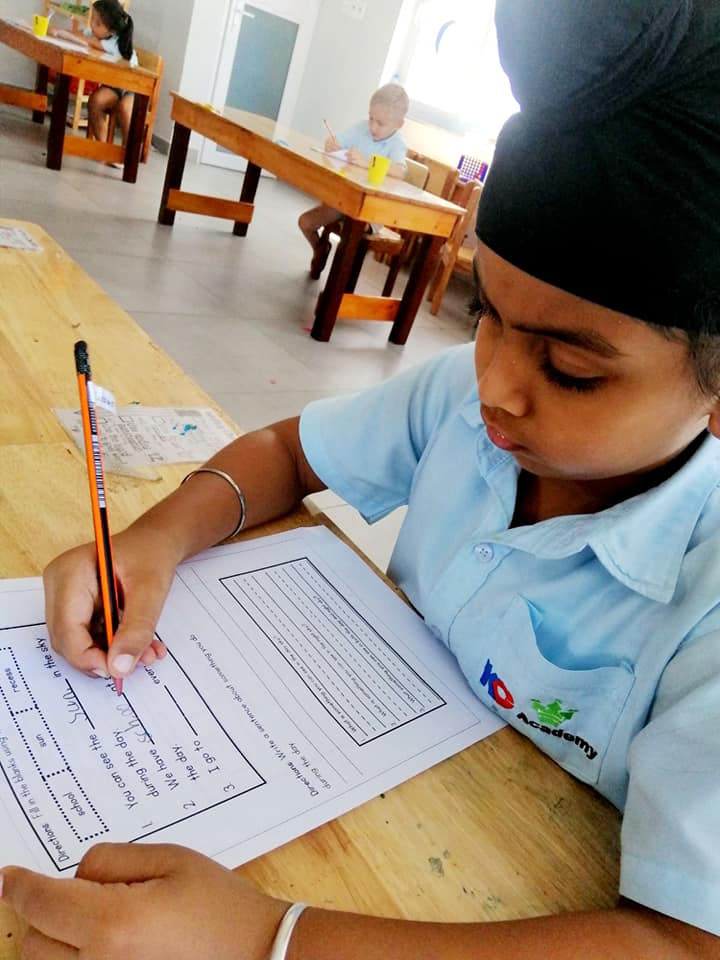
July 8, 2020
Its Assessment week over at KC Academy and our primary school students are working so hard! We're seeing wonderful displays of positive attitudes, stamina, effort, and pride! We began our week with our Monday morning assembly to discuss testing procedures and helpful reminders. We concluded our assembly with a round of mindful meditation, visualizing ourselves succeeding and trying our best Our students are being assessed each day this week in the core subjects of ELA, math , social studies , and science . And of course... we are allowing for plenty of fun-filled brain breaks! A reminder that your children have gone through many transitions over the course of this school year ! These assessments will provide us the data needed to accurately design our future instruction to best meet the needs of all our students as we move forward into the upcoming year. One seriously positive aspect of a mini summer break , is that our students will seemlessly transition into their new grade levels and have the opportunity to review and strengthen any lacking skills. Good luck on the rest of your testing kids ! Keep up the excellent work!





























